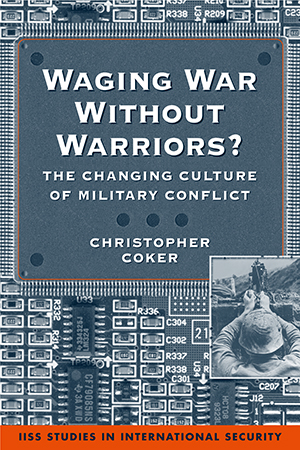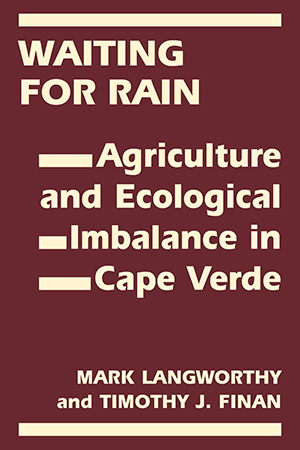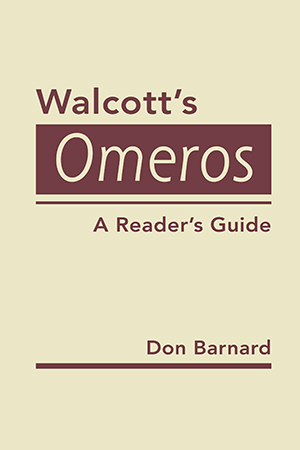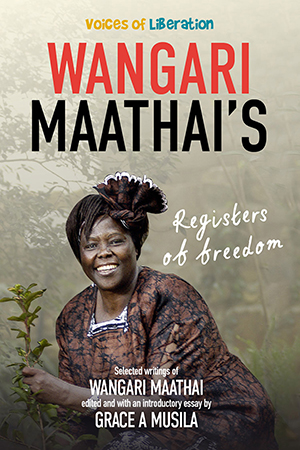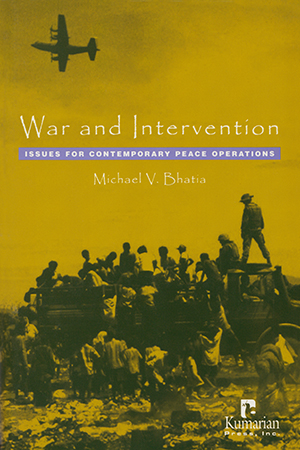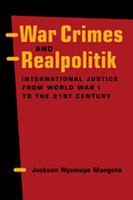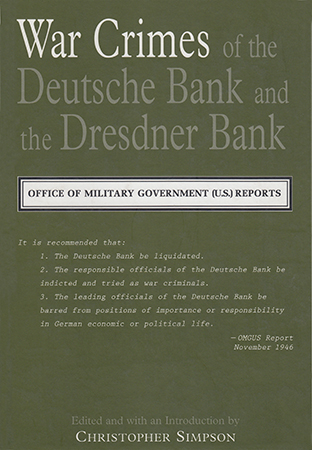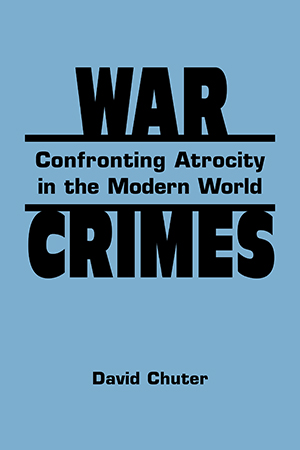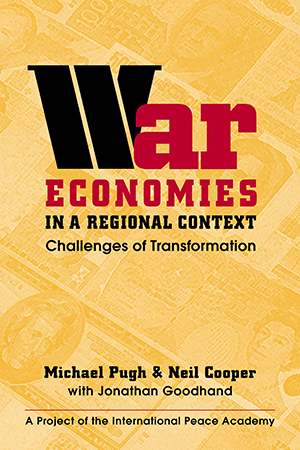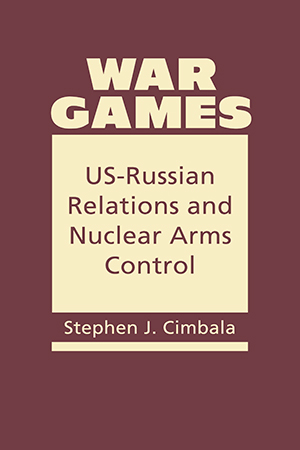BOOKS
In the past, posits Christopher Coker, wars were all-encompassing; they were a test not only of individual bravery, but of an entire community's will to survive. In the West today, in More >
This ethnographic study of Cape Verde tackles critical development issues: the struggle for self–sufficient food security, the tension between agricultural production and natural More >
Don Barnard's reader's guide plumbs the richness, subtlety, and power of Derek Walcott’s Omeros. Barnard adeptly lays out the major themes of the work, explains More >
Wangari Maathai (1940-2011), founder of the Green Belt Movement and the first African woman to win the Nobel Peace Prize, was a tireless social, environmental, and political activist, as More >
War and Intervention explains how armed forces, aid agencies, and transitional adminsitrations in war-affected countries have adapted to the changing circumstances of modern war and More >
From the very early stages in the development of international law, the nature of the state-centric international system has dictated that law play second fiddle to the hard realities of More >
In 1946-1947 the Finance Division of the Office of Military Government (OMGUS) recommended that Deutsche Bank and Dresdner Bank leaders be tried as war criminals and barred from ever More >
War crimes typically are discussed in sensational terms or in the dry language of international law. In contrast, David Chuter brings clarity to this complex subject, exploring why More >
Confronting the corrosive influence that war economies typically have on the prospects for peace in war-torn societies, this study critically analyzes current policy responses and More >
Does it make sense for the United States to cooperate with Russia to resolve international security issues? Is it possible for the two countries to work together to reduce the dangers More >


